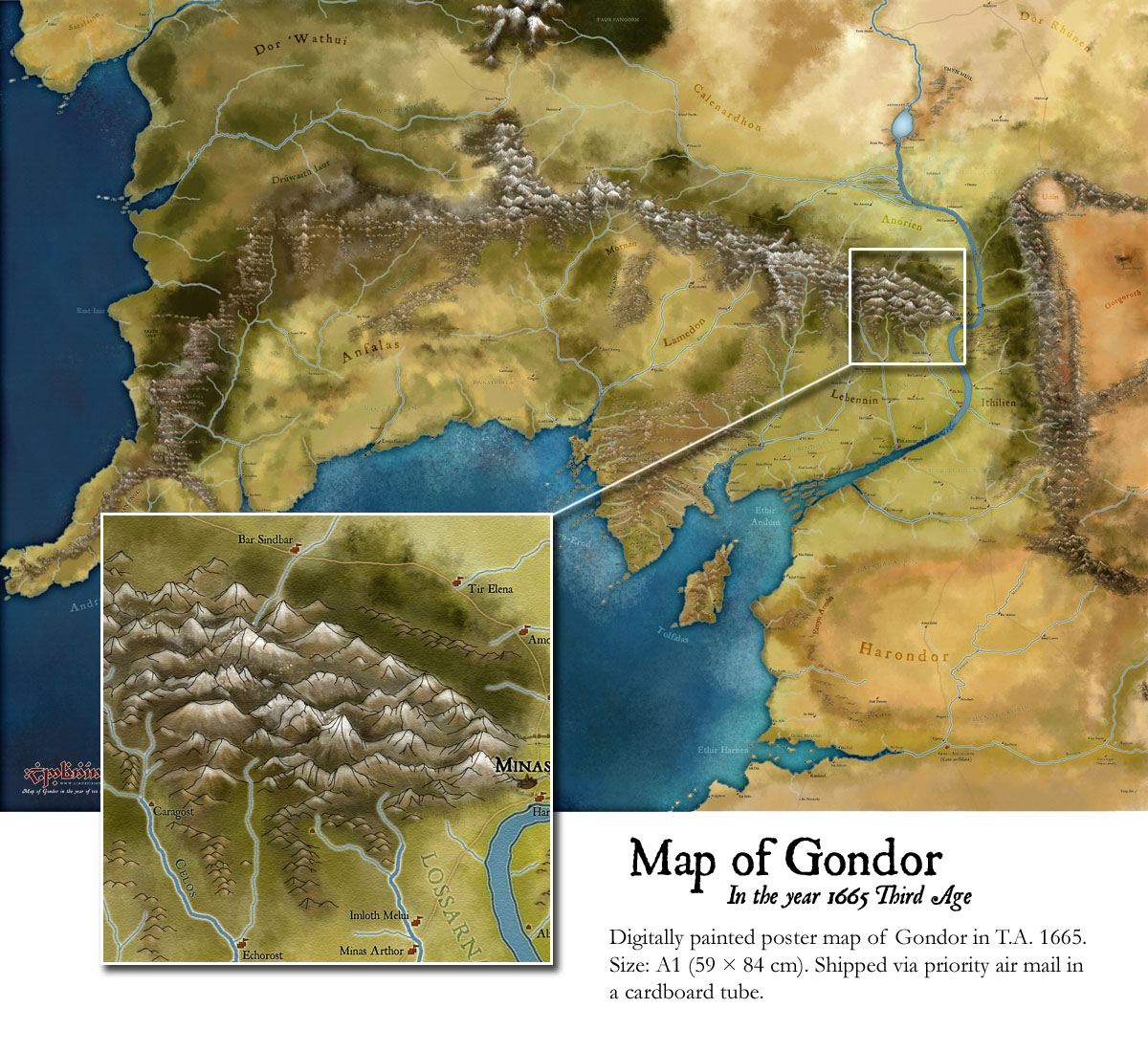2WayParadox
 Sage
Sage
This thread is about something I've always remembered since reading LOTR, the trilogy.
Tolkien's Middle Earth feels so empty.
There's a handful of Elves here, some human towns there. We hardly see any dwarves. The only place that feels alive is the Shire, which we leave almost as soon as we get there.
Sure, Rohan is a steppe kingdom, it's not a problem if Rohan feels empty. But take Gondor, there's hardly anything but grass and rocks outside its cities. Where's the food coming from?
If you think about the army that's sent out as 'the last force of mankind to protect against evil', it's described as being something between 7000 and 20000 strong. Now a regular army is usually limited to a size of 7% of total population, due to the sheer cost and strain of maintaining it. In cases when there is a religious cause (in LOTR 'if we don't do this we're all dead'), then it's possible to gather a much larger army for one season. But still, 7000 to 20000? What a pitiful amount, even if it's because it's mainly made up of Rohan warriors. It would still mean that the population of Rohan is pitiful.
Why did Sauron feel the need to do so much preparing? He could have steamrolled the human lands any time he wanted to, he had no need for his ring.
Is this feeling of an empty world the curse of any writer trying to make a wide open world? Or is it the result of Tolkien patching together scraps of story, written down across a period of 30 years?
Tolkien's Middle Earth feels so empty.
There's a handful of Elves here, some human towns there. We hardly see any dwarves. The only place that feels alive is the Shire, which we leave almost as soon as we get there.
Sure, Rohan is a steppe kingdom, it's not a problem if Rohan feels empty. But take Gondor, there's hardly anything but grass and rocks outside its cities. Where's the food coming from?
If you think about the army that's sent out as 'the last force of mankind to protect against evil', it's described as being something between 7000 and 20000 strong. Now a regular army is usually limited to a size of 7% of total population, due to the sheer cost and strain of maintaining it. In cases when there is a religious cause (in LOTR 'if we don't do this we're all dead'), then it's possible to gather a much larger army for one season. But still, 7000 to 20000? What a pitiful amount, even if it's because it's mainly made up of Rohan warriors. It would still mean that the population of Rohan is pitiful.
Why did Sauron feel the need to do so much preparing? He could have steamrolled the human lands any time he wanted to, he had no need for his ring.
Is this feeling of an empty world the curse of any writer trying to make a wide open world? Or is it the result of Tolkien patching together scraps of story, written down across a period of 30 years?

 Myth Weaver
Myth Weaver
 Auror
Auror